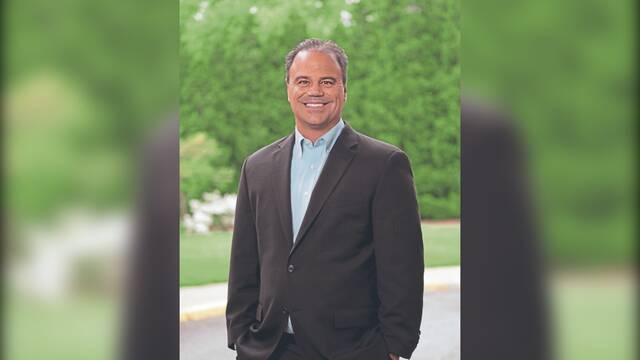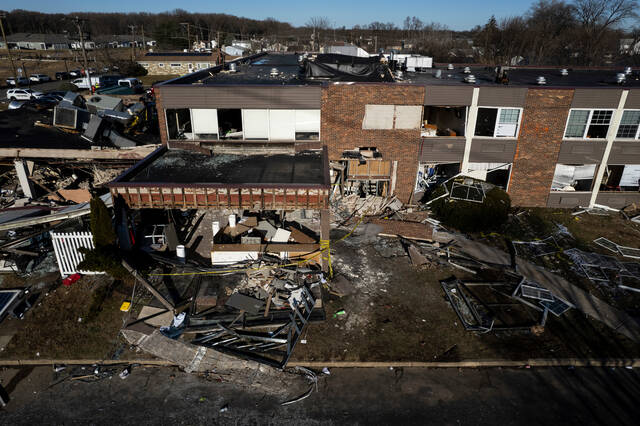Pennsylvania legislators unanimously passed several bills Tuesday aimed at ensuring that friends and family of people struggling with addiction issues are kept “in the loop,” so to speak.
House Bill 944, written by State Reps. Mark Longietti, D-Mercer, and Eric Nelson, R-Westmoreland, would require in-patient rehabilitation facilities to notify a designated emergency contact when a patient leaves addiction treatment against medical advice.
That notification is considered a best practice but is not mandatory, Longietti said.
“The science shows that people in the throes of addiction have diminished capacity for good decision-making and are easily lured back into drugs by their dealers or enablers,” Longietti said. “And sadly, statistics show the notification gap has resulted in overdose deaths as well as victimization of vulnerable patients.”
Nelson said getting HB 944 to this point has been a multi-year process.
“This was one of the prime drivers when I was running for office about five years ago,” he said. “We had some treatment provider organizations offering a good bit of resistance, even though this (type of notification) is considered best practice. Some were doing, some weren’t. It took about a year for the Pennsylvania Department of Drug and Alcohol Programs to adopt it as a best practice, and now we’re wanting to ensure that everyone does it.”
The bill has been nicknamed “Heather’s Law,” in memory of a woman who suffered a fatal overdose within 12 hours of checking herself out of an addiction recovery facility. The bill would give loved ones or recovery specialists a chance to potentially intervene more quickly.
“In meeting and listening to families, their goal is to keep their child alive until they can get them to that recovery point,” Nelson said. “Once they round that corner, their life can completely change, but there’s a dark trough they go through before they get there.”
Nelson cited Westmoreland County’s drug court as “a great example of a program that’s helping people turn that corner.”
Longietti said the bill does not change anything regarding protected, confidential information governed by federal or state law, and there are exceptions for cases when a patient has revoked consent to notify an emergency contact.
“Requiring facilities to notify emergency contacts when patients discharge themselves against medical advice doesn’t guarantee a successful outcome,” Longietti said. “But it opens a window for lifesaving intervention by giving family members a chance to get their loved ones back to safe place.”
HB 944 is part of trio of bills passed unanimously Tuesday by the House. The other two are HB 220, which specifies that a person does not need to test positive for drugs in order to begin addiction treatment, and HB 741, which would require notification of an emergency contact when someone leaves, or is evicted from, a recovery house.
Click here to read the full text of HB 944, HB 220 and HB 741.








